
Two doctors discuss the controversial, highly debated film, The Snake Pit.

Two doctors discuss the controversial, highly debated film, The Snake Pit.
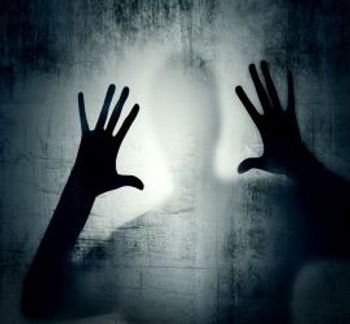
Throughout history and across cultures, monsters have helped communities teach lessons and affirm their values.
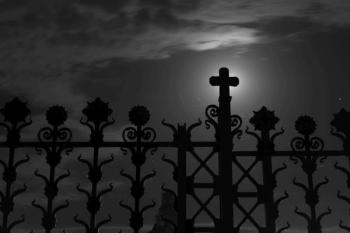
Have we learned anything? Looking back at the Spanish flu epidemic as the world deals with the COVID pandemic.

As historians and mental health professionals both know, in the words of the writer William Faulkner, “The past is never dead. It’s not even past.”
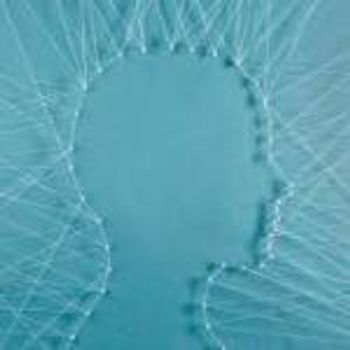
The 20th century introduced a number of new concepts to psychiatry and clinical psychology. One of the most influential has been the notion of personality.
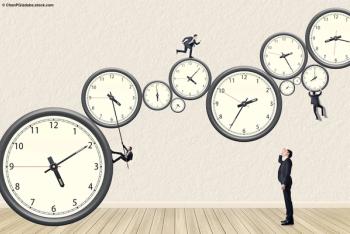
An assessment of what has been accomplished, how the field is changing, and new directions for scholarship as we forge ahead into the next year.
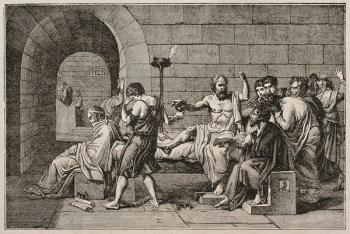
In 1897, the French sociologist Émile Durkheim (1858-1917) published Le suicide: Étude de sociologie [Suicide: A Study in Sociology]. With it, Durkheim largely succeeded in achieving one of his main goals.

A selection of noteworthy books to add to your reading list. Can you think of others?
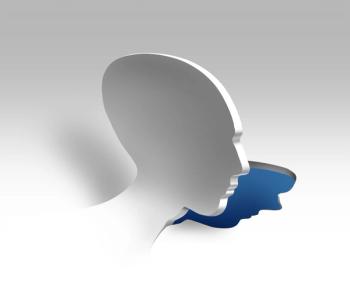
The author interviews Jonathan Sadowsky, PhD, historian of psychiatry, about his book Electroconvulsive Therapy in America: The Anatomy of a Medical Controversy.

Since ancient times, doctors have shown a good deal of interest in identifying seasonal patterns in the incidence of symptoms and disease. Could the holiday blues be a myth?

What do we know about the health and drug consumption habits of the Nazi leader of the German people from 1933 to 1945?
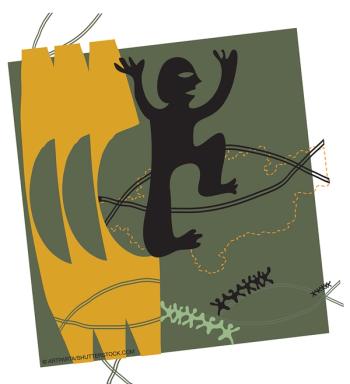
While much in the history of “madness” has changed over the course of time, one of the most consistent-yet sometimes overlooked-features of that history has been the presence of the visual arts.
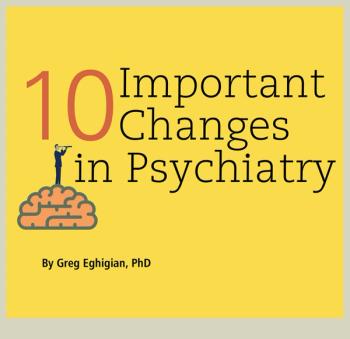
The events here were cited as the most important changes in psychiatry since 1945.
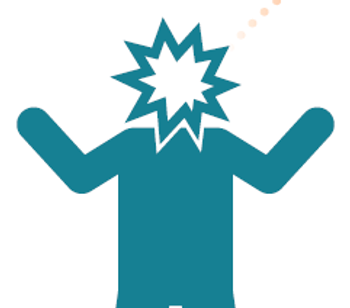
The views of mental health experts on changes in psychiatric theory and practice since World War II.
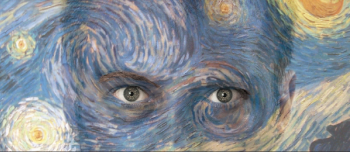
It is clear that unless things change radically in the coming decades, psychiatry-like other branches of medicine-will have to accommodate itself to the effects of disruptions to existing ecosystems.
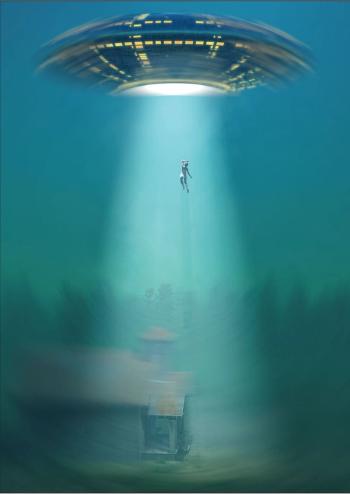
After years of working with troubled individuals claiming to have been abducted by extraterrestrials, Harvard University Professor John Mack published a book. What made Mack and the book so controversial was the fact that he had come to accept that his patients’ stories were an accurate description of real events.

In the history of psychiatry, the First World War is often identified with the rise of the disorder of “shellshock.” However, many in both the medical community and the military establishment were dubious of the claim that war could produce psychiatric symptoms.

During the first half of the 19th century, the asylum appeared to offer an innovative way for society to humanely manage and effectively treat mental illness.

If historians have demonstrated anything, it is that psychiatry, clinical psychology, and psychotherapy cannot be neatly associated with any one particular kind of political ideology or movement.

Concerns are raised about DSM-5 revisions in the definition of depression. Many worry that eliminating the bereavement exception in the guidelines for the diagnosis of major depressive disorder represents a dangerous move.

Very important-but generally neglected-aspects of the history of psychiatry provide something of a glimpse of what historians of mental health and illness are mulling over these days.

The history of the 19th and early 20th century asylum is a history of locking up patients . . . or so it has seemed. Since the 1950s and 1960s when the history of psychiatry first took off, scholars have generally conceded that asylums were primarily institutions of confinement.

A common misconception about the history of mental illness is that, before Freud and psychoanalysis, there was no such thing as talk therapies or what is commonly known today as psychotherapy.

Historical records reveal Don Juan syndrome was a recognized diagnosis that referred to forms of hypersexuality and sex addiction.

In last month’s column, I discussed how 19th century psychiatrists began recognizing the possibility that a mental disorder might affect only one facet of an individual’s personality (volition), leaving others relatively untouched.

Psychology and psychiatry at the turn of the last century considered the will an indispensable category. Not so today.
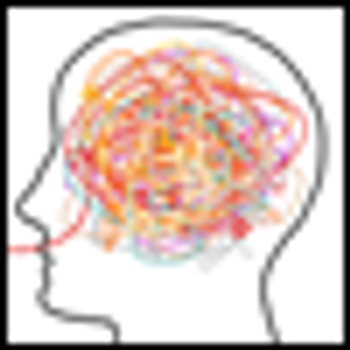
What is often forgotten, however, is that things such as client-centered therapy, “mental hygiene,” and “self-help” were also responses to another phenomenon-the charismatic physician.

In a recent college course, Dr Eghigian asked his students to discuss long-term patterns and trends in the history of the handling of mental illness. He was struck by a recurring tendency. Most students portrayed the history of mental health in one of two ways.
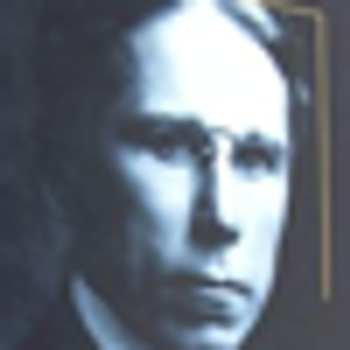
While there has been a robust interest for decades among scholars in the history of psychiatry, comparatively little has been shown the history of clinical psychology, despite its marked impact on mental health care.

Alcohol has had a long and checkered history in human affairs. Dating back millennia to ancient Egypt, its consumption has been associated with sacredness as well as frivolity.
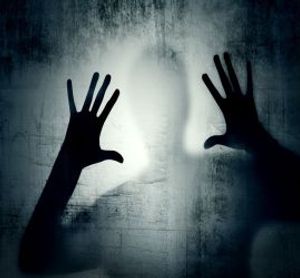
Published: November 25th 2020 | Updated:

Published: October 24th 2013 | Updated:

Published: September 3rd 2013 | Updated:
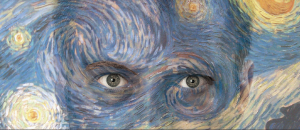
Published: June 23rd 2015 | Updated:
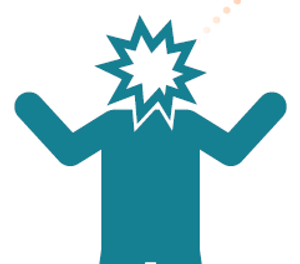
Published: October 23rd 2015 | Updated:

Published: February 28th 2014 | Updated: